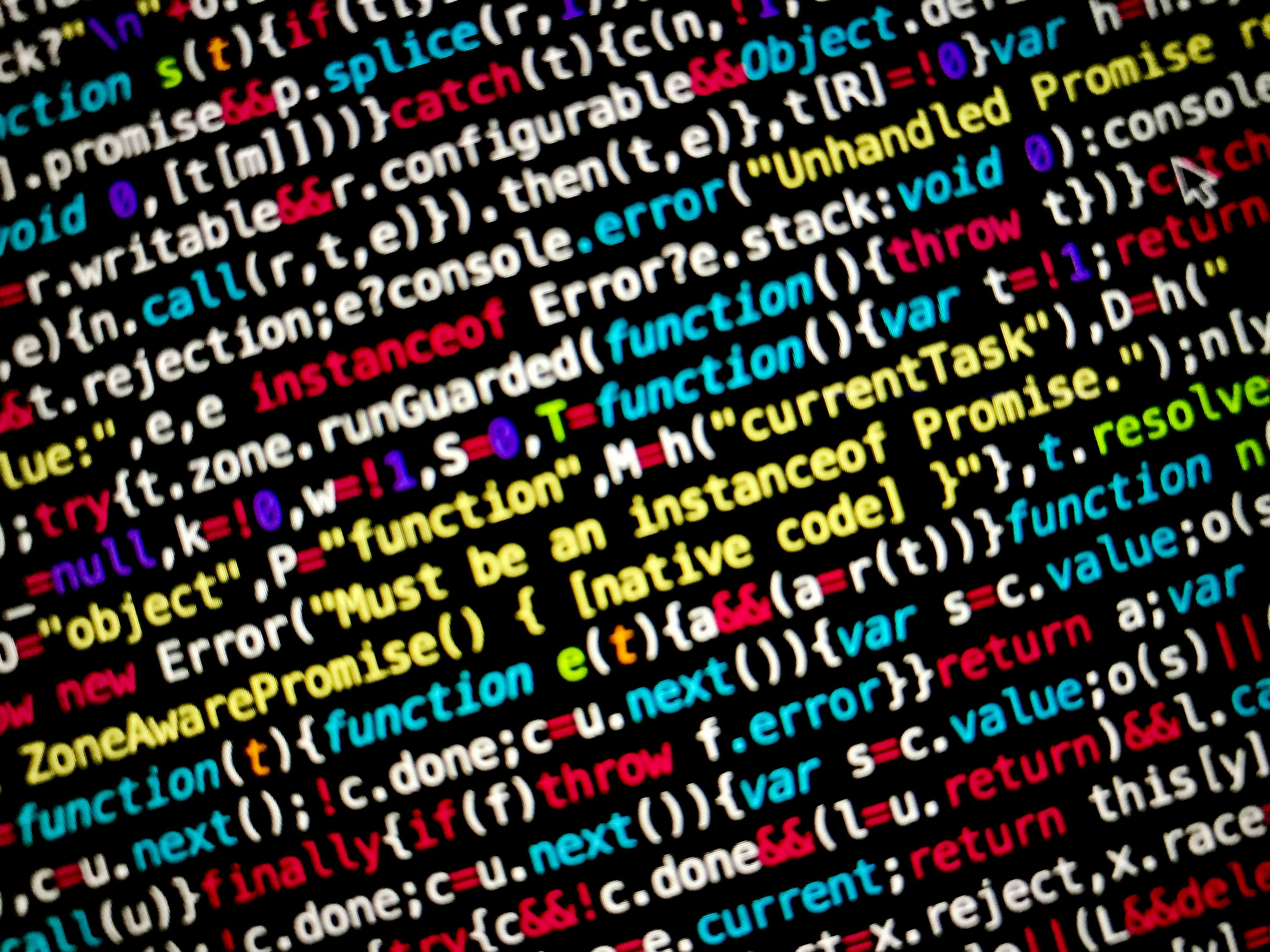Government of the United States intends to withdraw visas for students hailing from China - The U.S. administration plans to cancel visas for students of Chinese origin.
Tightened U.S. Visa Rules Affect Chinese Students
The United States government has announced plans to revoke the visas of Chinese students studying in the country and impose stricter regulations for future applicants from the People's Republic. The Department of State, under the leadership of Secretary Marco Rubio, has hinted at withdrawing residence permits for students with ties to the Communist Party or pursuing studies in critical fields.
Initial estimates remain uncertain as to the number of students who may be affected by the revocation of residence permits, and whether there will be any exceptions. However, Rubio's department has vowed to collaborate closely with the Department of Homeland Security to "aggressively deny visas" to Chinese students in specific categories.
Moreover, visa criteria for all applicants from China and Hong Kong are set to be revised, with future applicants subjected to increased scrutiny. The Department of State has requested the postponement of new visa interviews for applicants worldwide, citing internal guidelines.
China's Foreign Ministry has lodged a complaint against the "unjustified" visa revocation, stating that Washington's discriminatory actions undermine the integrity of its long-standing claims of maintaining freedom and openness. The new visa policy exacerbates the already fraught relationship between the two nations, following President Donald Trump's inauguration. The U.S. and China are locked in a fierce competition over political, economic, and military spheres, whose consequences are further felt due to an escalating trade dispute.
According to the Institute of International Education, around 277,000 Chinese students were enrolled at U.S. universities during the academic year 2023/2024, making them the second-largest group of international students after India. Given the higher tuition rates paid by international students, these students are a vital source of income for many U.S. universities.
In addition to Chinese students, the U.S. government reportedly aims to rigorously screen future foreign students and exchange program participants. The Department of State has instructed U.S. embassies and consulates worldwide to halt new visa appointments temporarily. Visas of categories F, M, and J, which include students, exchange students, interns, and au pairs, among others, are believed to be affected. Further instructions from the government are expected soon, according to media reports. The policy expansion is thought to be driven by expanded reviews of social media activities of visa applicants.
Universities and advocacy groups are expressing concerns over the potential impact on Chinese student communities, emphasizing the uncertainty and potential disruption caused by the policies. Some legal challenges to related restrictions have already been initiated, such as by Harvard University, which led to temporary injunctions against reducing international student enrollment.
Clarifications and protocols for affected students and institutions are yet to be released by the Department of Homeland Security and the State Department beyond their initial announcements.
- The new employment policy, as part of the broader policy-and-legislation, includes stricter regulations for Chinese students, particularly those with ties to the Communist Party or studying in critical fields, as outlined in the Community policy.
- The education-and-self-development sector, specifically Chinese students, might face significant challenges due to the broadened visa criteria and increased scrutiny, which are part of the policy-and-legislation changes.
- The tightened U.S. Visa Rules, falling under the policy-and-legislation category, have sparked concerns within university communities and learning sectors, as these policies could lead to potential disruptions in employment policy for Chinese students and other foreign students.






